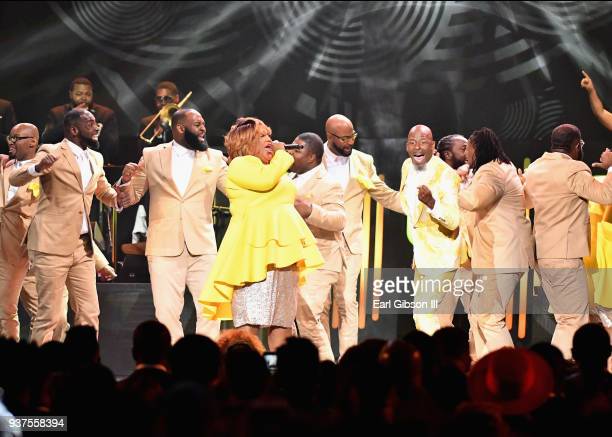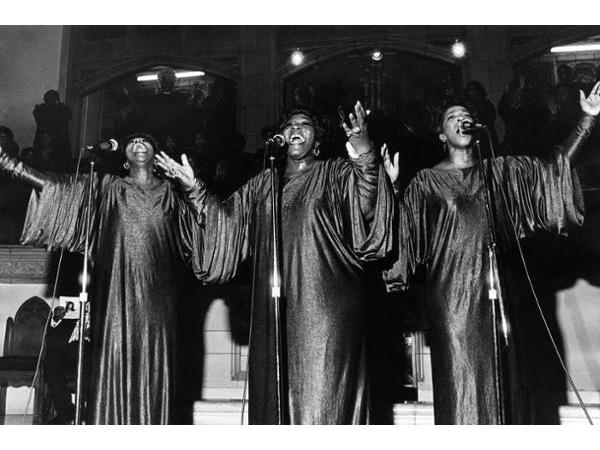90s Gospel Music
In the 1990s, gospel music was not only a form of spiritual expression for African Americans, but it also served as a powerful cultural force that resonated with millions of people worldwide. Gospel music of the 90s was characterized by its soulful and melodic sound, and its powerful messages of hope, love, and faith.
The influence of gospel music on African Americans during this era was profound. Gospel music provided a sense of community and belonging for many African Americans, as it spoke to their experiences of struggle, oppression, and perseverance. Gospel music became a source of strength and inspiration for many, as it encouraged them to have faith in the face of adversity and to believe in a brighter future.
One of the most significant ways in which gospel music of the 90s transcended into the 2000s was through the emergence of contemporary gospel music. This new subgenre of gospel music incorporated elements of hip-hop, R&B, and other contemporary music styles, making it more accessible to younger generations. Contemporary gospel music retained the soulful and melodic sound of traditional gospel music, but it incorporated new rhythms and instrumentation that gave it a modern edge.
Another way in which gospel music of the 90s transcended into the 2000s was through the use of technology. As the internet became more prevalent, gospel music became more accessible to people worldwide. Online streaming platforms and social media allowed gospel music to reach new audiences and helped to spread its message of hope and faith beyond the African American community.
2000s Gospel Music
In the early 2000s, gospel music continued to evolve and adapt to the changing musical landscape. One notable trend was the incorporation of more contemporary music styles, such as hip-hop and R&B, into gospel music. This fusion of genres appealed to younger audiences and helped to bring gospel music to the mainstream.
One of the most significant changes in gospel music during this time was the rise of megachurches and the influence of prosperity theology. Some gospel music artists and pastors began to focus more on material wealth and success, rather than spiritual growth and community service. While this approach attracted many followers, it also led to criticism and controversy within the African American community.
Looking ahead, gospel music is likely to continue to evolve and adapt to new musical trends and technologies. As streaming services and social media become even more prevalent, gospel music will have the opportunity to reach even larger audiences worldwide. However, it will be essential for gospel music artists to stay true to their spiritual roots and maintain a focus on faith, hope, and community service, even as the genre continues to change and grow.
In conclusion, gospel music of the 2000s reflected the changing musical landscape and cultural trends of the time. The fusion of contemporary music styles, the rise of megachurches, and the influence of prosperity theology all had an impact on the genre. As gospel music continues to evolve in the coming years, it will be interesting to see how it continues to adapt to new technologies and cultural shifts while staying true to its spiritual roots and core values.
2020s Gospel Music

In the 2020s, African American gospel music has continued to evolve and change, with many artists shifting towards a more contemporary sound. While traditional gospel music still has its place in the genre, many artists are embracing new musical styles and incorporating them into their music to appeal to younger audiences.
Overall, the shift towards more contemporary gospel music in the 2020s reflects the changing musical landscape and the desire of artists to appeal to younger generations. While traditional gospel music still has its place, many artists are embracing new musical styles and technologies to reach new audiences and spread their message of faith, hope, and love. As gospel music continues to evolve, it will be interesting to see how it continues to adapt to new musical trends and cultural shifts while remaining true to its spiritual roots.


